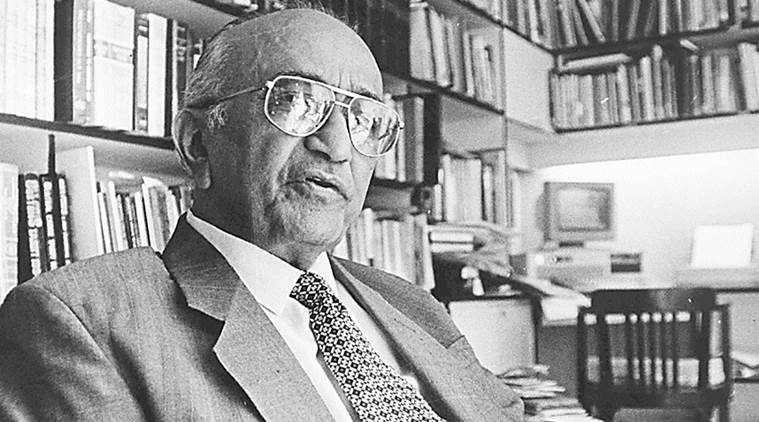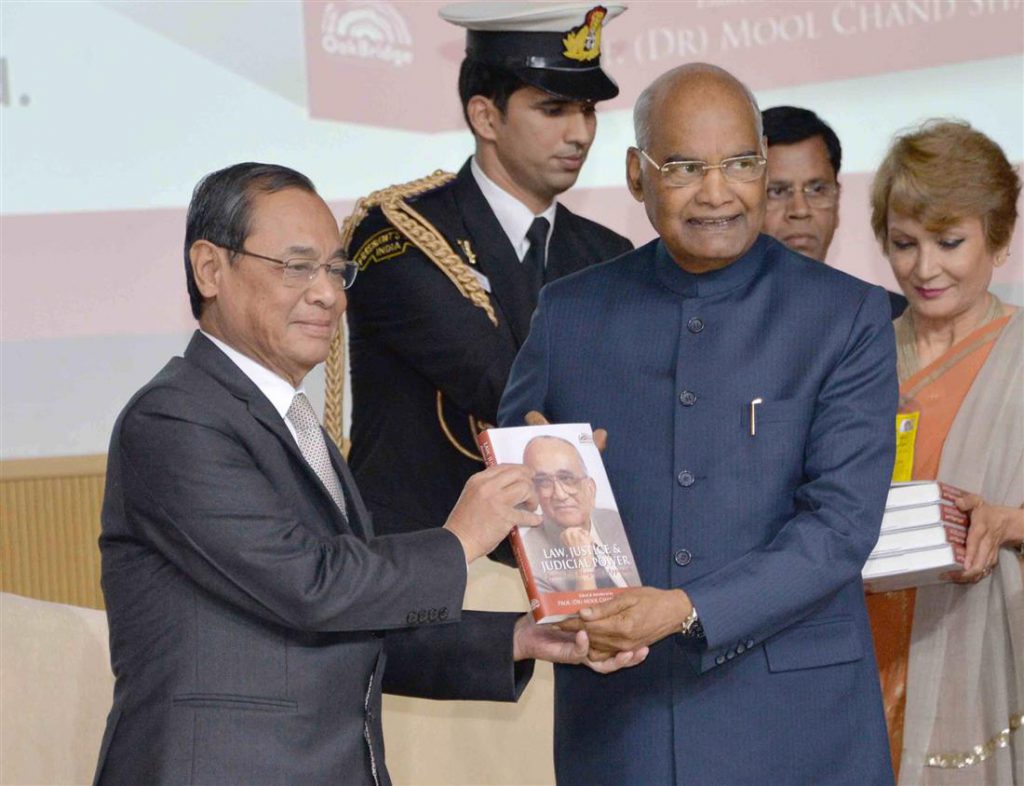Justice Prafulla Chandra Natwarlal Bhagwati was the 17th Chief Justice of India. He is known as a pioneer of judicial activism. He is well known in the field of law for introducing PIL (Public Interest Litigation) with the aim to protect marginalized and underprivileged sections of the country. His judgments were seminal in the human rights field. He is one of the most prominent judges in Indian Judiciary. He was a judge in the Supreme Court during an extraordinary period. He gave some landmark judgments expanding human rights ensuring that justice reaches all.
Early Life
Justice P N Bhagwati was born in Ahmedabad, Gujarat on 21 December 1921. He was son of Justice Natwarlal H Bhagwati, a former Supreme Court Judge. He graduated in Mathematics Honors. However in 1942, he was arrested during Indian Independence Movement. Later, he got a law degree from Law College in Mumbai.
You→ Good Resume →Job
Career
He began his legal career by working as an advocate in Bombay High Court. He was appointed as Gujarat High Court Judge in 1960 and was appointed as Chief Justice of that court in 1967. He also acted as Governor of Gujarat thrice. He was appointed as Justice of the Supreme Court in 1973. In 1985, he was appointed as Chief Justice of India. He was elected a fellow of American Academy of Arts and Science in 1982. He was also affiliated with Columbia University. He was elected as a member of the United Nation Human Rights Committee from 1995 to 2009 and was the head of the committee from 2001 to 2003. He was a member of the Committee of Experts of the International Labor Organization for over 27 years. On 6 May 2011, he was appointed as Chancellor of Sri Sathya Sai Institute of Higher Learning.

Landmark Judgments
Justice Bhagwati delivered many landmark judgments during his time as Supreme Court judge. He brought the concept of Public Interest Litigation and Absolute Liability in Indian Legal System. For his support to human rights and incredible work in legal field, he is known as a pioneer of judicial activism in the country. Some of his famous judgments are:
- Hussainara Khatoon v. State of Bihar – In this case, Justice Bhagwati supported the concept of ‘Legal Aid’. He held that is a constitutional right under Article 21 and Article 39A of the Indian Constitution. Every person has the right to be heard and access to justice. Even if the person is not able to afford a lawyer due to financial limitations, justice must be provided to him and legal aid ensures that. Right to legal aid and speedy trial must be guaranteed by the State.
- Public Interest Litigation (PIL) – He is the pioneer of this concept. He aimed to make the Supreme Court directly accessible to all including underprivileged and marginalized sections of society. He even took postcards as filings of PIL. He stated that it is necessary to get our minds rid of preconceived notions to deliver justice to all.
- Vaddeboyina Tulasamma v. Vaddeboyina Shesha Reddi – In this case, Justice Bhagwati stated that Hindu women have the right to maintenance. This right includes tangible rights against property. It is one of his early judgments and was widely appreciated.

Mary Roy Etc. v. State of Kerala – This was a path breaking judgment where the Supreme Court held that a Christian woman has equal share in father’s property. Here Justice Bhagwati gave a wide interpretation to law which benefitted Christian women across the country by providing them assistance in getting their rights.
Maneka Gandhi v. Union of India – Here it was held that the right to travel and even go outside the country is included in the Right to Life and Personal Liberty under Section 21 and a person’s movement cannot be restricted. Judgment was given in favor of Maneka Gandhi who was detained at the airport without giving any reason.
M C Mehta v. Union of India – In this case, the concept of absolute liability was introduced by Justice Bhagwati. He held that when a business is carrying on hazardous activities and making profit, it shall be the responsibility of such business to cover all the cost incurred as a result of these activities, regardless of whether there was any negligence on behalf of the company or not. Larger the business, larger should be the amount of compensation to be paid to the people who have incurred loss.

Awards
- He was awarded the Padma Vibhushan in public affairs in 2007. It is India’s second highest civilian award.
- The judge who believed in ‘Justice for All’ left for heavenly abode on 15 June, 2017. He has left an unparalleled legacy and will remain the most remembered judge. He was a champion of human rights who believed that the right to life includes the right to a healthy environment.







